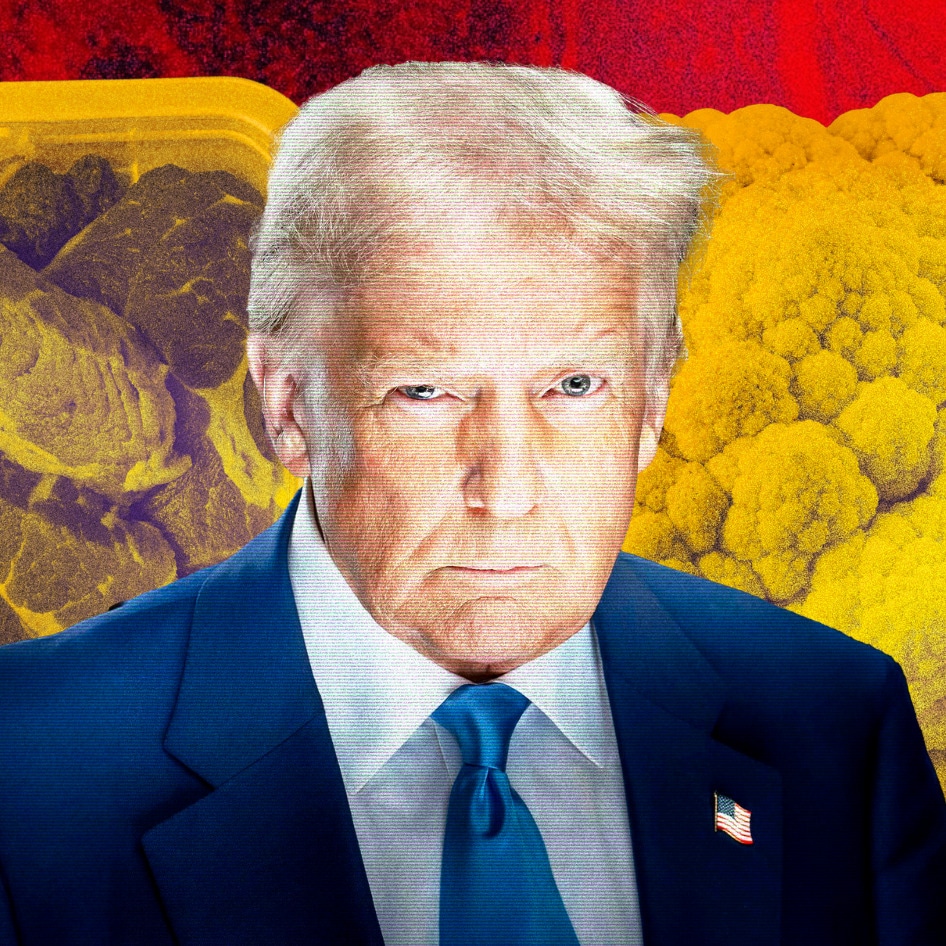The Achilles’ Heel of Factory Farming
Michael Greger of HSUS discusses the forces at work against factory farming.
August 19, 2012
My favorite quotation of all time is just 10 words, 10 syllables. It is attributed to the Ming Dynasty philosopher Wang Yang Ming. It reads: “To know and not to act is not to know.” Those who eat meat know meat comes from animals, but do they really know how that animal ended up on their plate? The industry knows what might happen if they did. Quoting from a collegiate livestock industry textbook: “One of the best things modern animal agriculture has going for it is that most people … haven’t a clue how animals are raised and processed …. For modern animal agriculture, the less the consumer knows about what’s happening before the meat hits the plate, the better.” But what if consumers find out about unseemly industry practices, such as castrating calves and piglets without painkillers?
We live at an unprecedented time. The ongoing revolution in communications has empowered the individual like never before to learn where their food comes from and demand improvements to it. In light of that, how much longer can the industrial-agriculture complex afford to run counter to the mainstream American values of transparency and basic decency towards animals?
Consider my favorite new industry euphemism “individual maternity pens,” instead of gestation crates, for pregnant pigs. The industry knows that as the truth of what’s on people’s plates becomes clearer, spin becomes more important. A paper was published in the journal Poultry Science entitled “The Ethics of Semantics: Do We Clarify or Obfuscate Reality to Influence Perceptions of Farm Animal Production?” There is a war going on, they say: “a battle for the ‘hearts and minds of consumers’ is being waged between the animal industries and animal activists.” Big Ag wants to win by spinning the truth. The paper argues two main points: the first, that consumers do not want to know the full, unabridged truth about animal production—in other words, consumers “can’t handle” the truth; the second, that knowing this truth might cause consumers not to buy said products, thereby causing “short-term industry losses.” That’s why industrial agriculture can’t tell the whole truth. In the paper, poultry scientists lament how they’re caught in the middle, saying how it’s their obligation as scientists to be truthful, but “complete transparency has its own risks.” “Animal industry leaders face a dilemma in this regard, and it is unlikely that given the risks, many will find the idea of completely transparent language appealing,” the paper suggests. Greater public concern? We can’t have that, it seems. Telling the truth could be bad for business.
The numbers tell the story: a graph of per capita meat consumption in the United States over the last 30 years shows that at the close of the 20th century the numbers were going up and up. In the first few years of the 21st century, however, consumption seemed to stabilize. Then, in the last five years, 2007 to 2012, US meat consumption fell off a cliff. An unprecedented 12 percent drop in per capita meat consumption is expected by the end of the year.
What’s been happening over the last five years? Probably the most objective analysis comes from the financial sector. CME Group, owner of the Dow Jones, is one of the largest investment firms in the world. They in part blame higher costs, the movement of corn from animal feed to ethanol production (which has, in turn, driven up the price of corn), and, as CME says, “Add in the efforts of a large number of non-governmental agencies that oppose meat consumption for reasons ranging from the environment to animal rights to social justice and one could conclude that it was amazing that consumption held up as long as it did.” Whether it’s higher input costs or information sharing, one thing is clear; the industry is weakening under the weight, and no amount of spin or concealment is going to help.
For many of us who have chosen a plant-based diet, these concerns only validate our choices, but since the vast majority of people still eat animal products in quantities causing serious detriment to animals, the environment, and their health, these trends give us reason to be hopeful and to press on in our own efforts to educate those around us. Meatless Mondays, to cite just one example, have become as entirely mainstream as … as well, an apple a day. Or even apple pie.
Michael Greger, MD (nutritionfacts.org), serves as the director of public health and animal agriculture at the Humane Society of the United States.
JUMP TO ... Latest News | Recipes | Guides | Health | Subscribe







